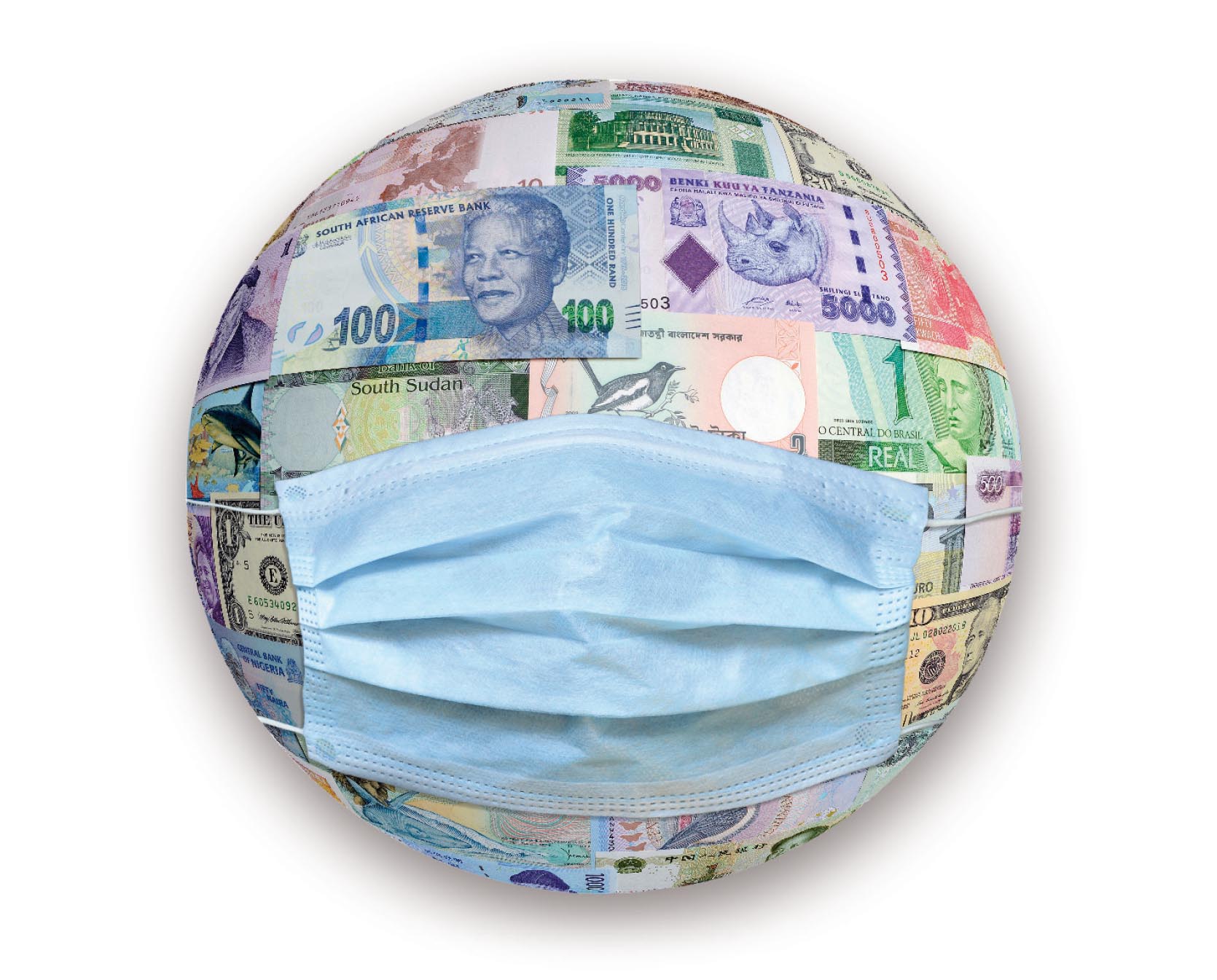Member Newsletter
Quarter 3 • 2020
Our economy is certainly going through some changes due to the coronavirus pandemic. It’s at times like these that people make bad decisions with their money. In this newsletter we identify some common money mistakes and how to avoid them. Also, your financial situation may be stressed right now, so you need to take extra care of your finances. If you are in need of any help, guidance or support during these unusual times, please contact our employee assistance helpline – their details are in this newsletter.
Also in this newsletter are some smart ways to cut costs and help look after your cashflow.
In This Newsletter:
AVOID MAKING MONEY MISTAKES!

In this newsletter we share the money mistakes that you could potentially make. Whether you are just starting your career, or are already approaching retirement, the last thing you want is to make bad decisions regarding your finances.
Remember, the choices that you make today can affect you and your family when you retire.
Mistake #1
These days, people are living for much longer. In 1900 the average life expectancy was 54 years. In 2020 it is now 84 years. This has a huge impact on how much money you will need for your retirement as you will have to support your lifestyle for so much longer.
The best tip is to start saving as early as you can. Ideally you would start saving from your first pay cheque, but it's better late than never – so start saving now. The earlier you start, the more you will see the benefit of compound interest.

Mistake #2
This is ranked as one of the worst financial decisions you can make in your lifetime.
Settling debts by using your retirement savings is detrimental because you not only end up paying tax but most people never repay the loan taken from their retirement savings.
When changing jobs, you can preserve your retirement savings on a cost- and tax-efficient basis right from within the Fund.
Mistake #3
This is certainly true in the current Covid-19 crisis. Now is not the time to panic. Markets work in cycles and will recover and pick up again.
When markets experience volatility, investors can easily be tempted to de-risk. But the best thing you can do is to stay invested in the Fund. Remember, your retirement fund investments are long term. In most cases, there is more than enough time to recover.

Mistake #4
As part of your financial plan, you should put money aside into an emergency fund.
You should never use this money unless it's for real emergencies – such as replacing a burst geyser or if your fridge packs up. Remember, buying a new car is not an emergency.
Mistake #5
If you do not have a valid Last Will and Testament when you die, your beneficiaries will experience the following:
Your wishes will not apply.
Dependants may be excluded.
Resolving your deceased estate will be cumbersome, lengthy and costly.
Your dependants may suffer financial hardships while finalising your deceased estate.
Mistake #6
If you ever have a serious accident or suffer from a disability, you need to make sure that you are covered for your inability to earn an income. In addition, do you have death cover to provide for your dependants in the event of your death?
Speak to a financial adviser who can assist you and ensure that you are covered for risk.

Mistake #7
Do not underestimate the value of financial planning with the assistance of an accredited financial adviser.
It will be easier and you are much more likely to succeed at achieving your financial goals.
During the pandemic, do not delay or skip your annual review sessions with your financial adviser. It is more important than ever that you stay engaged with your finances. In these uncertain times, focus on your financial goals and how you can achieve them.
The Covid-19 pandemic has most probably put some stress on your financial situation. Your spouse or a family member could have lost their job, or their salaries may have been reduced.
If so, you need to take extra care of your finances.
Mistake #8
If you are experiencing extreme cashflow crunches during the pandemic, you may easily fall behind on your house or car payments.
If so, you will create a cycle that is hard to break. You end up paying late fees and interest. Paying interest on borrowed money is probably one of the worst financial mistakes you can make.
Follow this helpful process to break the cycle of falling behind on your payments and paying interest:
Seek assistance early and draw up a payment plan before falling behind.
Draw up a budget and catch up on your late payments.
Find out what caused you to fall behind and rectify the problem, so that it doesn't happen again.

Mistake #9
At a time when the economy is unstable, it is easy to make rash decisions that you later regret.
When you are in need of money and have credit cards that are not yet maxed out, using them may seem like the easiest solution. You probably think that when you are in a stronger financial position, you can just repay the debt.
But credit card debt is dangerous due to the very high interest rates. Avoid using your credit card. You will not only save yourself a fortune but will also have less stress about money.
